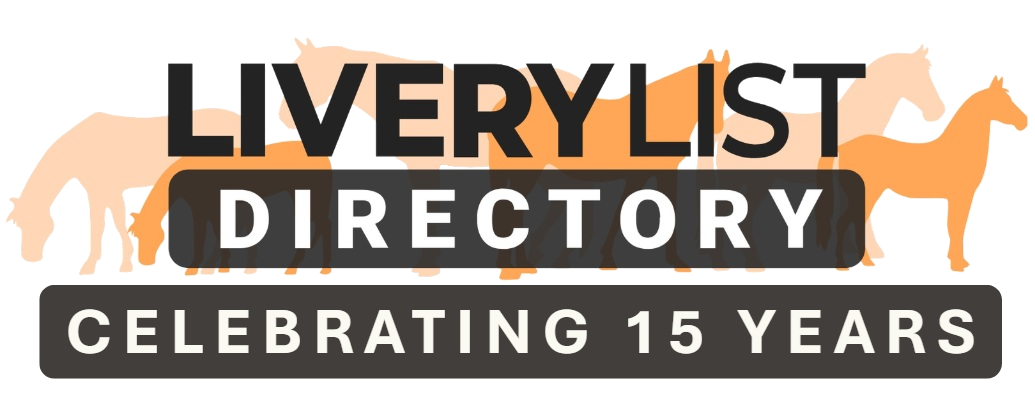DEFRA recently updated its ‘Farming Rules for Water’ and includes a number of key changes and compliance challenges that will impact rural land managers.
Many equestrian yard owners may not realise that the Farming Rules for Water, originally introduced for agriculture, also apply to horse-related businesses. Whether you run a livery yard, riding school, or keep horses privately, you have a legal responsibility to prevent water pollution from your land and activities.
The regulations, officially known as the Reduction and Prevention of Agricultural Diffuse Pollution (England) Regulations 2018, are enforced by the Environment Agency. They aim to reduce pollutants such as nitrates, phosphates, and manure from entering watercourses—something that can happen on equestrian land through poorly managed muck heaps, soil erosion, or runoff from fields and hardstanding.
How does this affect equestrian premises?
If your yard stores manure, uses composted bedding on fields, or has areas where soil erosion or runoff could reach a stream or ditch, you are required to take action. This includes:
-
Storing muck heaps safely and away from watercourses.
-
Preventing soil erosion around gateways, water troughs, and paddocks.
-
Managing how and where organic material is spread.
-
Planning nutrient use based on soil testing, not routine practices.
Even small-scale or non-commercial horse keepers are included if their land use could result in water pollution. The Environment Agency has already issued guidance and, in some cases, taken enforcement action where equestrian yards have failed to comply.
What can you do?
Equestrian landowners should assess their site for pollution risks, ensure muck heaps are appropriately sited and contained, and avoid spreading waste near water or on compacted ground. Installing hard-standing around high-use areas, managing runoff, and rotating grazing can all help reduce impact.
By taking simple, proactive steps, equestrian yards can stay compliant and help protect their local environment.
For more support, the British Horse Society and initiatives like Catchment Sensitive Farming offer guidance tailored to equine businesses, and you can read more on the CLA website. You can also find more information, guidance and resources around Environment and Climate in terms of livery yard management on the Yard Owner Hub.
